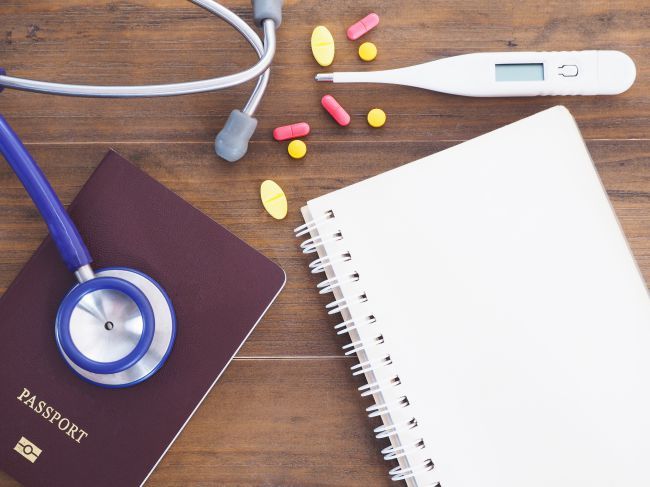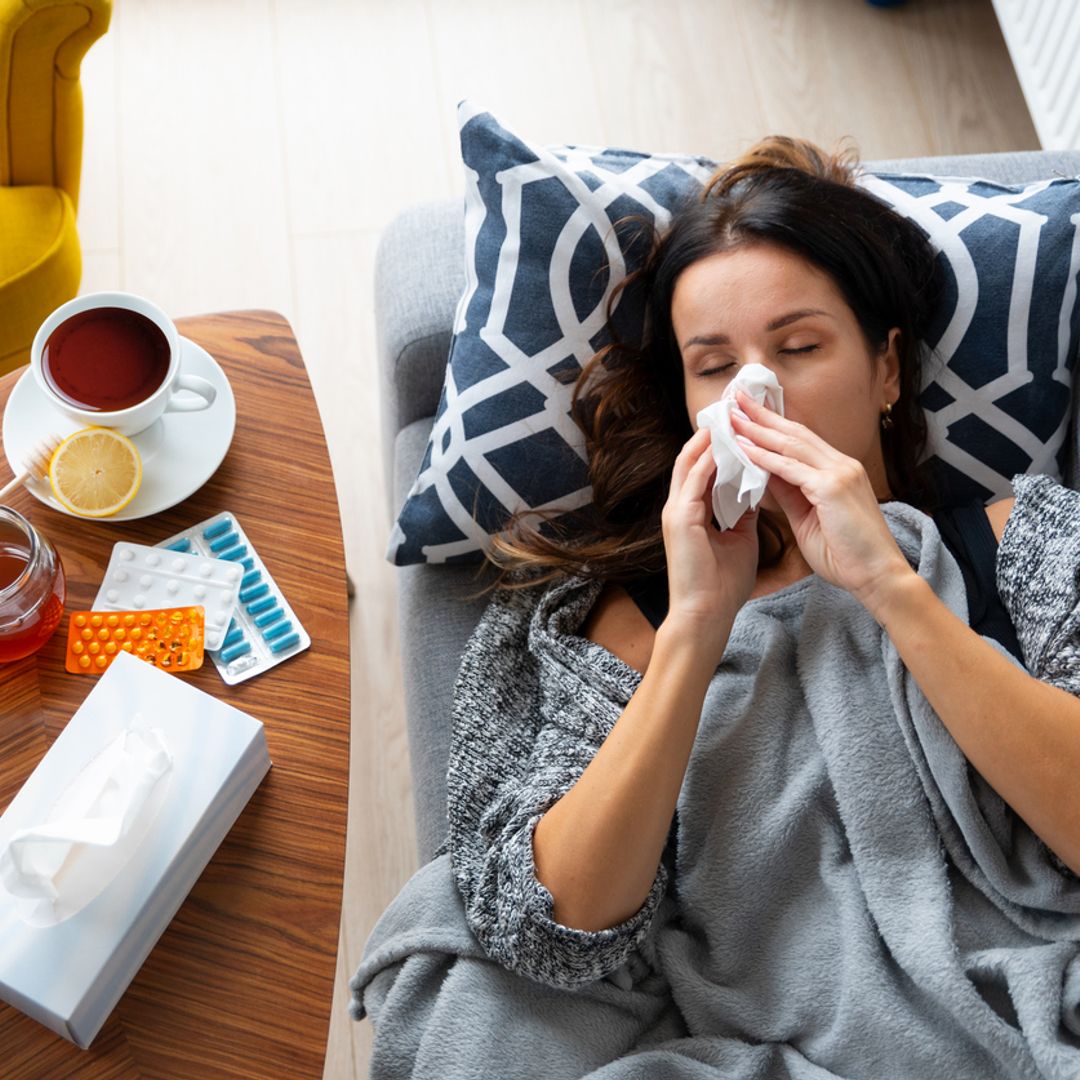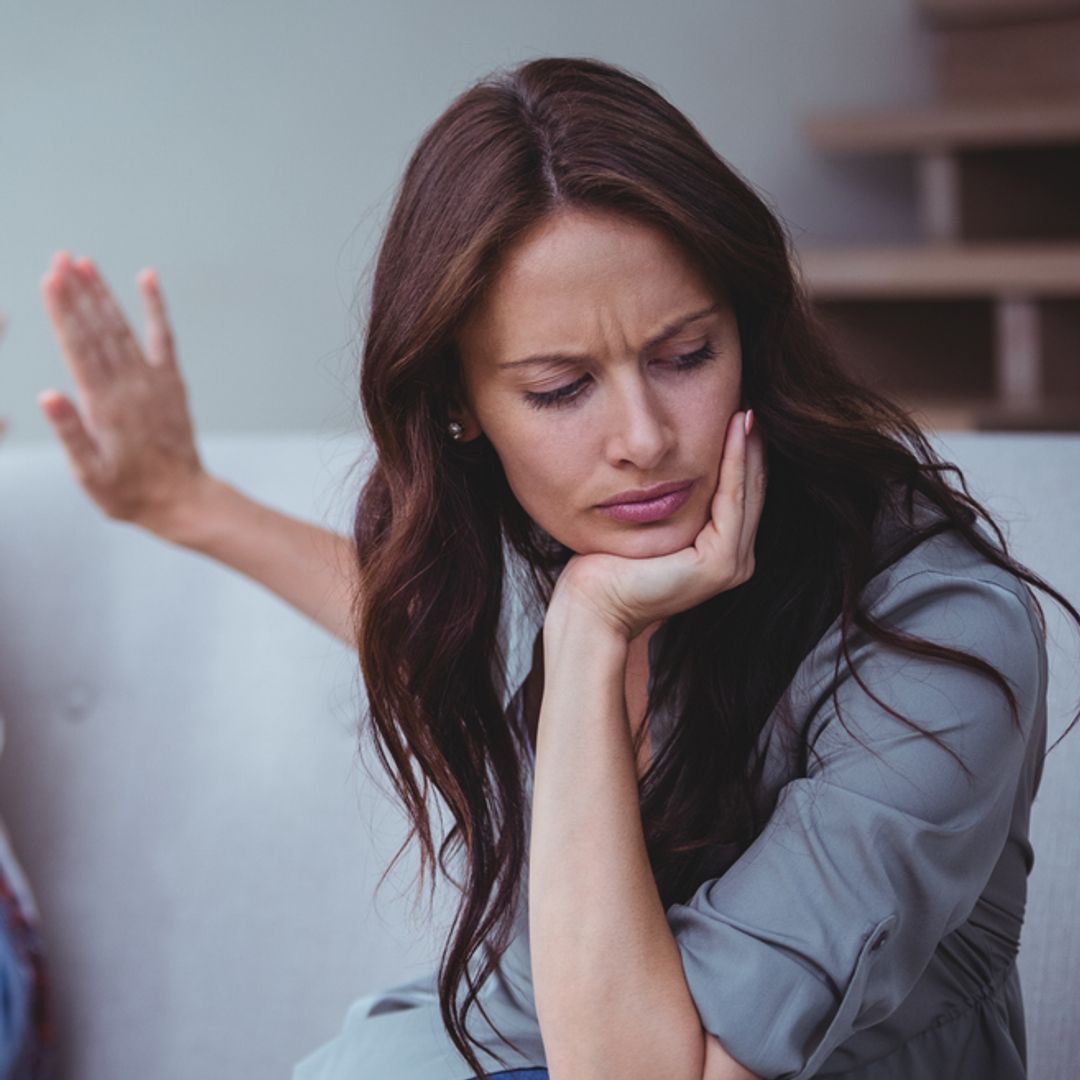Holidaymakers have been advised to check with their local GP before taking their prescription medications abroad this summer, as many common medications in the UK are banned in popular destinations such as Dubai, Greece and Singapore. The Foreign Office has urged tourists to be cautious as even carrying over-the-counter remedies like Vicks and Sudafed could see visitors deported or detained in certain places.
Figures from the health survey for England show that 48 per cent of the population are taking prescription medication, excluding contraception and nicotine replacement therapy. However, a survey carried out by the FCO shows that one in three people look up the rules for taking their prescribed medication abroad, with just one in five doing so for over-the-counter medicines.
Holidaymakers are advised to check their prescriptions before travelling
Yet many medications that are considered common in the UK are considered to be "controlled drugs" in some destinations, due to some of the ingredients they contain. For example, Sudafed and Vicks are banned in Japan for containing pseudoephedrine, while in Qatar - often used as a stopover for Brits travelling to destinations like the Maldives - over-the-counter cold and cough remedies are considered controlled substances and must be accompanied by a prescription.
MORE: These budget sun creams are just as good as some 4 times the price
In Greece, the UAE and some other countries, commonly prescribed medicines like Dizaepam, Tramadol and codeine are at risk, while tourists carrying any personal medicine in China should hold a doctor's note. Visitors to Singapore, meanwhile, need a licence to carry sleeping pills, anti-anxiety pills and strong painkillers need a licence.
As a result, the FCO has warned holidaymakers to contact their GP four to six weeks before a trip to check if their prescription contains any "controlled drugs", and to check any local requirements at their chosen destination with the FCO's Foreign Travel Checklist.








